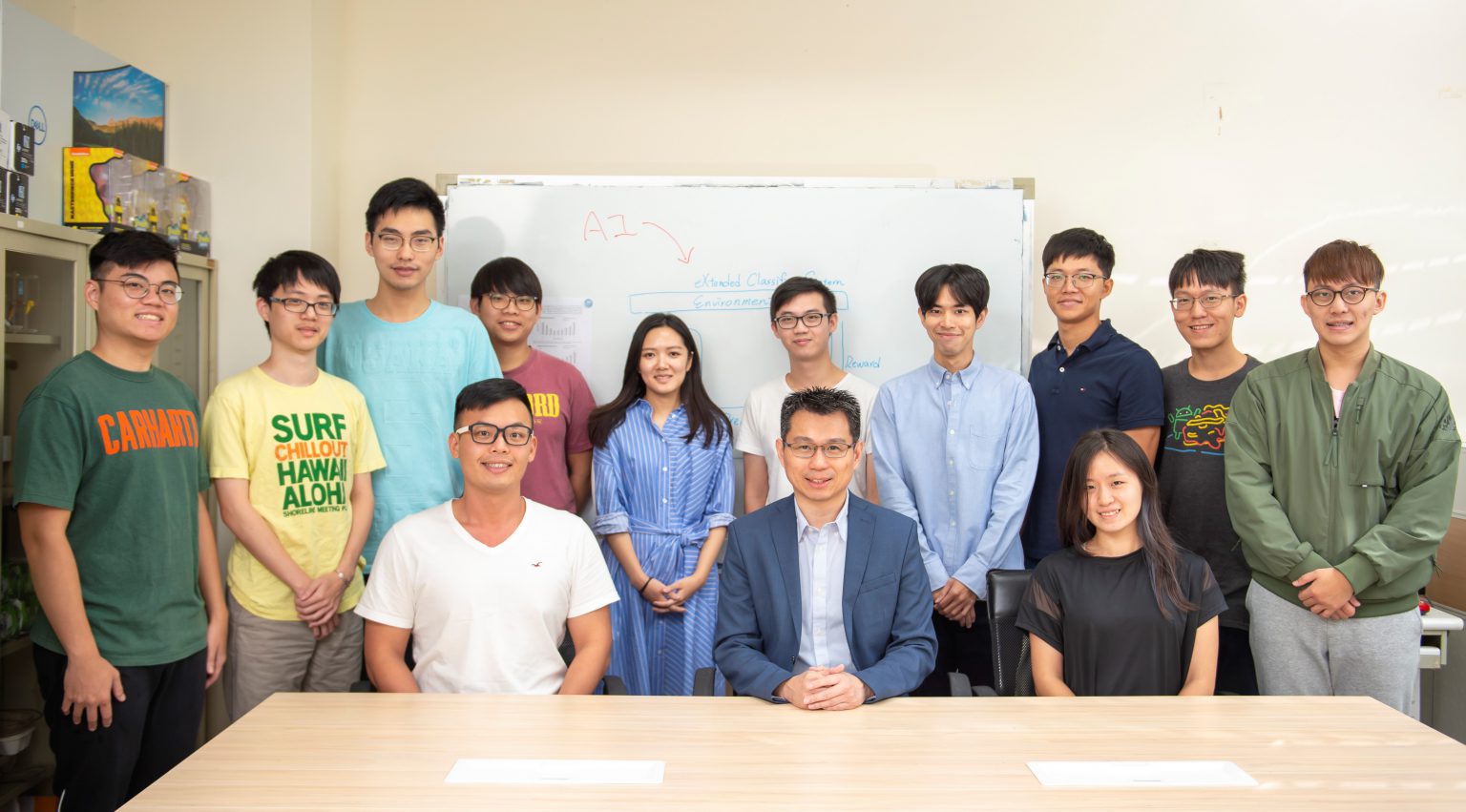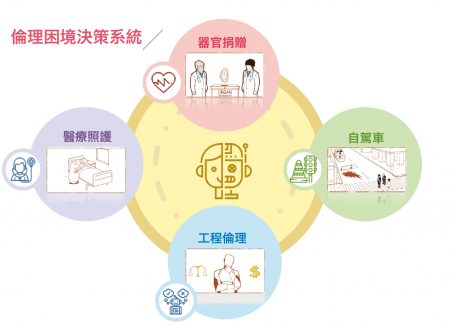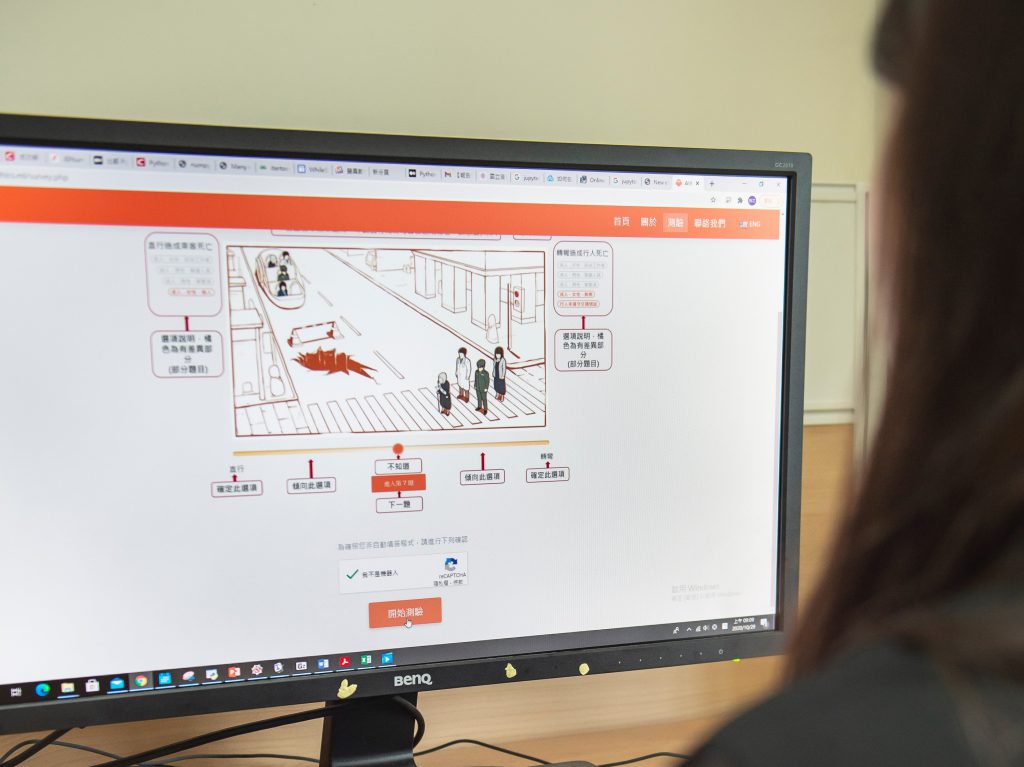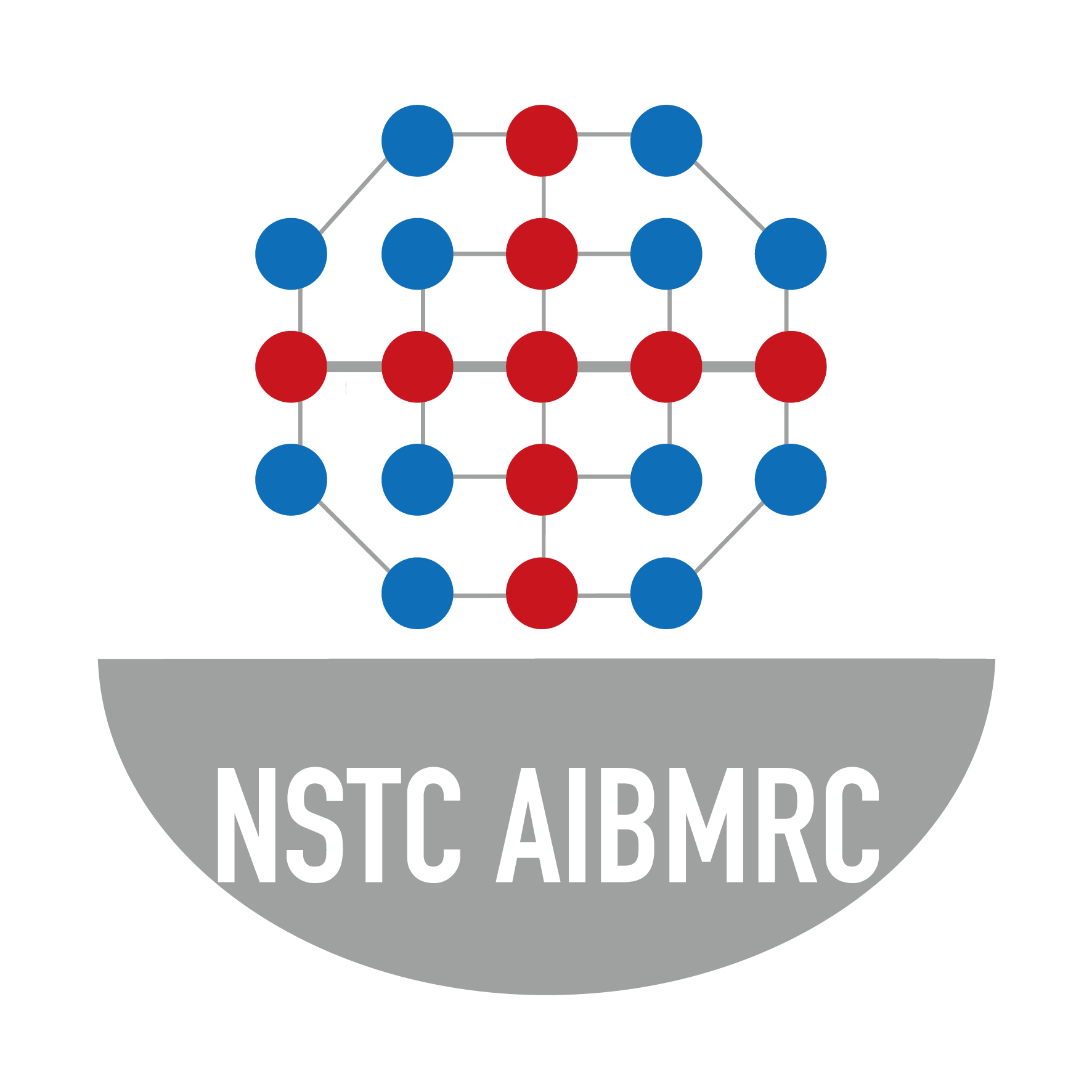
Artificial Intelligence and Ethics
Principal Investigator | Chuan-Kang Ting, Professor of Department of Power Mechanical Engineering, National Tsing Hua University
Co-Principal Investigator |
Ser-Min Shei, Professor of Department of philosophy, National Chung Cheng University
Principal Investigator | Chuan-Kang Ting, Professor of Department of Power Mechanical Engineering, National Tsing Hua University
Co-Principal Investigator |
Ser-Min Shei, Professor of Department of philosophy, National Chung Cheng University
Project Intro
The rapid development of artificial intelligence (AI) improves human life; however, its growing power also raises people’s deep concerns about potential danger and threat to humanity. Introducing ethics and morality philosophy to AI systems is a crucial direction to address these issues. This project aims to investigate and design AI ethical systems. More specifically, we will explore the diverse ethical theories, construct an ethical case base (ECB), and design ethical systems using AI technologies, including evolutionary algorithms (EAs), fuzzy sets, and clustering approaches. The first-year project is an ongoing project of Digital Economy Advanced Technology Research Program. In the past six months, we delved into various ethical theories, such as utilitarianism and Kantianism, and examine their applicability and limitation to AI. The second-year project will focus on construction of the ECB, comprising scenario descriptions, actions, consequences, and decomposition into duties. The ECB will include the ethical cases in four scenarios, to wit, self-driving car, healthcare, organ allocation, and engineering ethics. The ethical actions will be determined in two ways. First, our ethics and philosophy researchers will analyze the cases and determine actions according to ethical theories. Second, we will apply crowdsourcing to collect actions of commonsense morality from the public. The ECB serves as a fundamental basis for building our AI ethical systems and provides a useful tool for developing AI ethics. In the third year, we will design a genetic programming (GP) approach to model the ethical actions in the ECB. The objective of GP is to optimize the utility values and function for maximal consistence with the ECB. The GP generates transparent models, which are particularly useful for the philosophers to check and analyze. The philosopher’s feedback, likewise, will help to validate and improve the performance of GP. The fourth-year project will focus on Ross’ duty ethical theory. To address the potential conflicts between duties under different scenarios, we propose using learning classifier system (LCS) to create ethical principles for prioritizing the duties. The cases in the ECB are leveraged for the LCS to train candidate models. Moreover, this project will incorporate multi-objective optimization into the LCS to deal with correctness and complexity simultaneously. In the fifth-year project, we plan to cluster the ethical decisions in the ECB to examine the distribution of ethical decision making. In addition, this study will develop fuzzy inference systems to model each cluster of ethical decisions. The notion of fuzzy sets helps to handle uncertainty in ethical decisions and improves the interpretability of ethical models. Then, our philosophers will analyze the resultant clusters and models in comparison to ethical theories. In this project, we expect to investigate the ethical theories and design EAs for AI ethical systems, through the collaboration of researchers in AI and ethics philosophy. The results will render innovative designs of AI systems with ethical concepts. Moreover, the novel framework of ECB and application of AI pave the way for advanced research on AI and ethics.
The rapid development of artificial intelligence (AI) improves human life; however, its growing power also raises people’s deep concerns about potential danger and threat to humanity. Introducing ethics and morality philosophy to AI systems is a crucial direction to address these issues. This project aims to investigate and design AI ethical systems. More specifically, we will explore the diverse ethical theories, construct an ethical case base (ECB), and design ethical systems using AI technologies, including evolutionary algorithms (EAs), fuzzy sets, and clustering approaches. The first-year project is an ongoing project of Digital Economy Advanced Technology Research Program. In the past six months, we delved into various ethical theories, such as utilitarianism and Kantianism, and examine their applicability and limitation to AI. The second-year project will focus on construction of the ECB, comprising scenario descriptions, actions, consequences, and decomposition into duties. The ECB will include the ethical cases in four scenarios, to wit, self-driving car, healthcare, organ allocation, and engineering ethics. The ethical actions will be determined in two ways. First, our ethics and philosophy researchers will analyze the cases and determine actions according to ethical theories. Second, we will apply crowdsourcing to collect actions of commonsense morality from the public. The ECB serves as a fundamental basis for building our AI ethical systems and provides a useful tool for developing AI ethics. In the third year, we will design a genetic programming (GP) approach to model the ethical actions in the ECB. The objective of GP is to optimize the utility values and function for maximal consistence with the ECB. The GP generates transparent models, which are particularly useful for the philosophers to check and analyze. The philosopher’s feedback, likewise, will help to validate and improve the performance of GP. The fourth-year project will focus on Ross’ duty ethical theory. To address the potential conflicts between duties under different scenarios, we propose using learning classifier system (LCS) to create ethical principles for prioritizing the duties. The cases in the ECB are leveraged for the LCS to train candidate models. Moreover, this project will incorporate multi-objective optimization into the LCS to deal with correctness and complexity simultaneously. In the fifth-year project, we plan to cluster the ethical decisions in the ECB to examine the distribution of ethical decision making. In addition, this study will develop fuzzy inference systems to model each cluster of ethical decisions. The notion of fuzzy sets helps to handle uncertainty in ethical decisions and improves the interpretability of ethical models. Then, our philosophers will analyze the resultant clusters and models in comparison to ethical theories. In this project, we expect to investigate the ethical theories and design EAs for AI ethical systems, through the collaboration of researchers in AI and ethics philosophy. The results will render innovative designs of AI systems with ethical concepts. Moreover, the novel framework of ECB and application of AI pave the way for advanced research on AI and ethics.




System Functions
- A decision-making model of ethical dilemmas with corresponding ethical values can be established for the interviewed masses.
- A transparent decision-making model can be constructed for subsequent analysis/discussion.
- GP can evolve a utility function suitable for Common Sense Morality; while LCS can evolve an ethical decision model based on judgement rules.
- Can be used to predict decision making during moral dilemmas.
Market for our Product and Technology
- Medical Institutions
- Public Interest Discussions
- Value of Popular Ethics Discussion
- Legistlative Decisions Reference
Contact info
Tel:03-571-5131 ext.42611
Mail:ckting@pme.nthu.edu.tw
Tel:03-571-5131 ext.42611
Mail:ckting@pme.nthu.edu.tw
